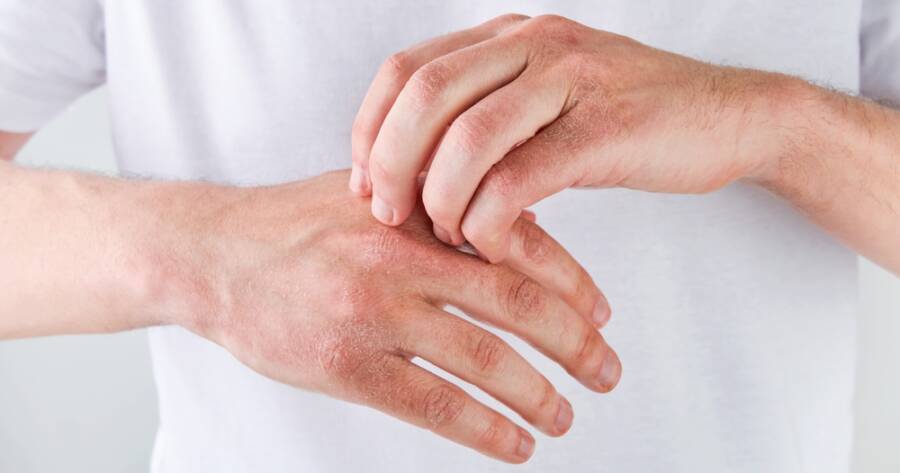Eczema can be a frustrating and uncomfortable condition that affects people of all ages. Characterized by inflamed, itchy, and sometimes painful skin, it can appear in various forms and impact daily life. Understanding the symptoms, available treatments, and effective self-care strategies is essential for managing eczema and finding relief. With the right approach, you can regain control and improve the quality of your skin, allowing you to feel comfortable in your own body again.
Types of Eczema
Eczema refers to a group of skin conditions that cause inflammation, redness, and irritation. There are several different types, each with unique characteristics and causes. Understanding these types can help with diagnosis and treatment. Here are the most common forms of eczema:
- Atopic Dermatitis: The most common type, often starting in childhood, characterized by dry, itchy, inflamed skin.
- Contact Dermatitis: Triggered by direct contact with irritants or allergens, leading to red, itchy rashes.
- Dyshidrotic Eczema: Small, itchy blisters that usually appear on the hands and feet.
- Neurodermatitis: Thick, scaly patches often triggered by stress or itching.
- Nummular Eczema: Coin-shaped patches of irritated skin.
- Seborrheic Dermatitis: Inflammation often found in oily areas like the scalp, face, and chest.
- Stasis Dermatitis: Occurs in areas with poor circulation, typically on the lower legs.
Symptoms of Eczema
Eczema symptoms can vary from person to person, but the most common signs include dry, scaly, or cracked skin, as well as intense itching. Other symptoms may include redness, swelling, and rashes that can sometimes leak fluid or form crusts.
The condition may worsen with stress, allergens, or environmental factors. For some, flare-ups happen in cycles, with periods of relief followed by times of irritation. Identifying the triggers and monitoring changes in the skin are key to managing eczema symptoms effectively.
Treatments for Eczema
Eczema treatments aim to relieve itching, reduce inflammation, and restore the skin’s natural barrier. Over-the-counter remedies like corticosteroid creams and antihistamines are often the first line of defense.
For more severe cases, dermatologists may prescribe stronger topical treatments or oral medications, such as immunosuppressants or biologics, to manage flare-ups. Light therapy and specialized skin care regimens can also be effective. It’s essential to work with a healthcare provider to find the best course of treatment based on the type and severity of eczema.
Self-Care Tips for Eczema
Managing eczema requires a combination of medical treatment and self-care practices to keep symptoms under control. Moisturizing regularly is crucial to prevent dryness, and using gentle, fragrance-free skin care products can help avoid irritation. Taking lukewarm baths with oatmeal or adding coconut oil can soothe the skin.
It’s also important to avoid known triggers like stress, harsh soaps, or allergens. Wearing soft, breathable clothing can prevent friction, and practicing good skin care habits like not scratching can minimize flare-ups and promote healing.
Managing Eczema for Better Skin Health
Living with eczema can be challenging, but with the right treatments and self-care routines, it’s possible to manage flare-ups and maintain healthy skin. Identifying triggers, staying consistent with moisturizing, and seeking professional medical advice can greatly improve your quality of life.
By following a proactive approach, you can not only reduce symptoms but also prevent future outbreaks. With proper care and attention, eczema doesn’t have to control your life, and healthier skin is within reach.

